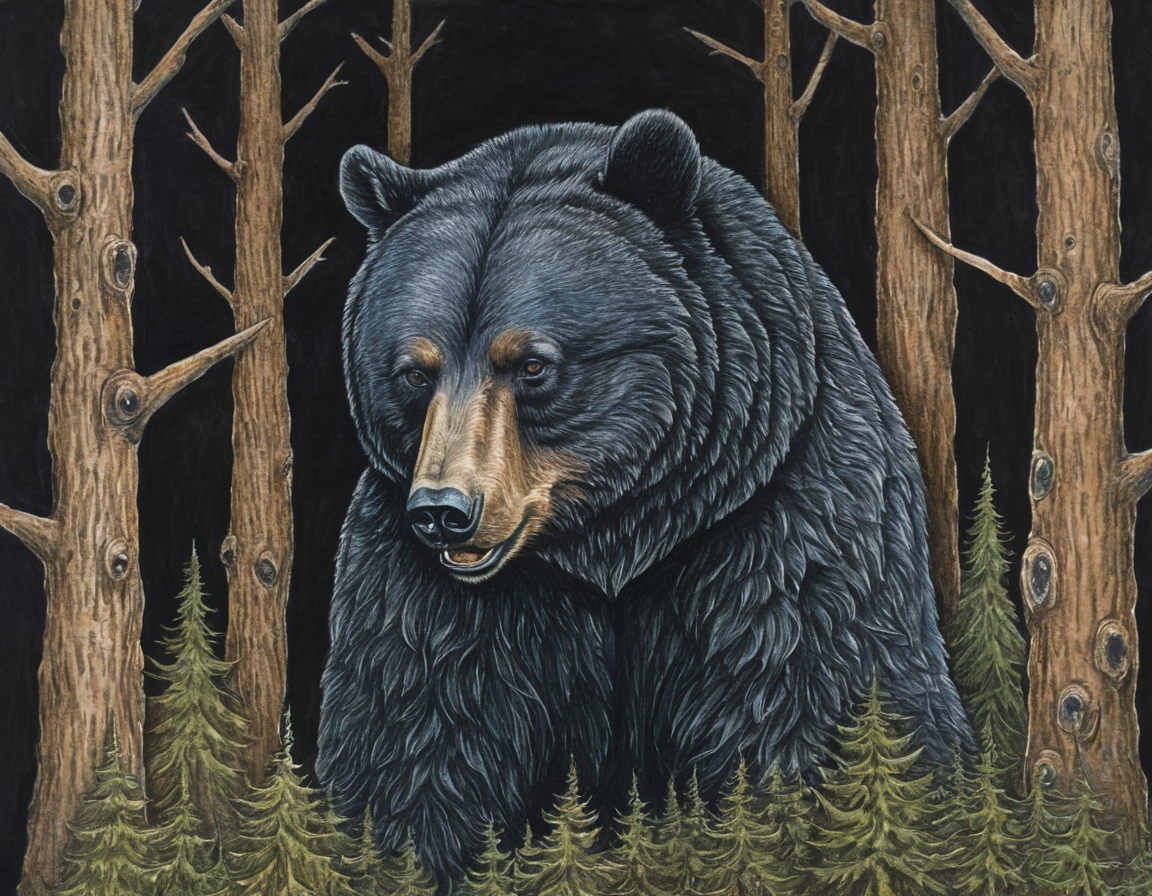Please join me in this nostalgia-induced discussion on a particular characteristic of older games that I feel like is missing on modern titles… Though I do ultimately recognize it’s I who grew up and changed, not the games themselves.
Close your eyes and think about your favorite childhood games and what elements made them stick with you… Do you recall that magical feeling of some mystery, rumour or hidden secret… one that edges on being beliveable or not, real or not? I love that, and I miss that profoundly. Let me give you some examples:
Super Mario 64:
A magical game where you explore a castle full of extremely diverse stages hidden behind paintings. But accidentally, you bonk your head against a wall and… What? There’s a whole hidden stage there. As soon as you start the game, there’s a huge door with a keyhole… After a lot of trouble and your first Bowser fight, you get a key, you excitedly run to that door and… It doesn’t open! You didn’t know that, but there’s another door. You go towards there and you find a weird room, filled with ghosts, in this otherwise empty lonely castle… There’s an eternal star statue whose text you can’t quite read, and if you happen to stumble into the right ghost… A hidden level inside a miniature mansion. Everything about this game sounds like it could be true of false: you have a room with a mirror, probably the first you’ve ever seen on a videogame, it keeps drawing you in… But the paintings in that room lead nowhere, you feel there’s a stage there… But where?
Here’s a fun anecdote from my childhood: I’m brazilian, and I didn’t speak english. I had an uncle that could translate some text for me, but he didn’t understand videogames. So when I’ve read the next star was called “Pluck the piraña flowers” and my uncle translated that into “give the Piraña a flower” I spent WEEKS dying to that actual Piraña fish in the stage, trying everything I could to give him a god damn flower… When I finally realized how to actually get this star, I begged my mom to call my uncle, now in college, to tell him how to get it.
Club Penguin:
Sounds silly, but Club Penguin absolutely nailed this aspect of mixing real game elements with rumours children would spread in school. There were hidden items everywhere, events that would change the world in subtle ways, adventures that did require exploring the island slowly… And then your school mate tells you that if you are at the right place at the right time, during an actual event, you can get an autographed background from the story NPCs. They’re real penguins, and you can talk to them and get this rare item. I mean… This very same friend also told you that in Super Mario World falling into one specific hole pressing Up + Y would unlock a hidden laser powerup, so you don’t quite trust it, but they swear their cousin is got the autograph… And it sounds beliavable. So I would spend weeks searching and one day, one magical halloween, I actually was there to see the NPC and get the autograph - it was real, and all the crazy effort was worth it.
Minecraft:
Now once again being a brazilian kid, gaming is quite a challenge. My first contact with Minecraft was on my XP-era laptop with an Intel graphics accelerator that existed before the “HD Graphics” era. This means that Minecraft ran at 20 FPS normally, at the lowest draw distance, and if it started raining the FPS would drop to 5 and I would dig a hole and hide until it stopped. This lack of visibility, and my lack of english skills to understand the Minecraft wiki, made the entire game a HUGE mystery: what items can I create? What minerals even exist? What monsters could exist down below or far from home? Can Bedrock actually be broken somehow? Should I be afraid of the Nether? Herobrine… actually exists?
I know this wall of text might make little sense… But as an adult, I know English. I probably know most of a game’s mechanics before buying it. I can play with the Wiki right by my side. If I tell a friend I think there’s some crazy mystery hidden somewhere… They’ll Google it and tell me if it’s real or not.
I just miss that magical feeling of wondering what’s there…


We’re in a renaissance of survival horror games right now.
That type of mass market game has been doing this for a long time. Uncharted: Drake’s Fortune literally gives the main character a book with all the answers instead of letting you solve the puzzles yourself, and that game came out in 2007.
In the case of achievements, this is often for stat tracking reasons. Otherwise, it’s a good way to tutorialize you on how to use those hypothetical coins. If we’re being honest, most games don’t have explicit tutorials anymore. They’ll have learning tools baked into the game itself. There’s a principle in game design where if you can make multiple decisions but one of them is objectively best, you should just make that automatic so that it doesn’t appear to be a decision, but the exception to this is when you’re teaching the player, somewhat invisibly, how to play the game. Like if you have a skill tree and you start without a crucial skill that you’ll definitely want first, it’s okay if they make you choose that skill first just so you know how to interact with the skill tree. The 500 coins for completing the tutorial often fills this exact role, unless it’s tied to a free-to-play-esque business model where “the first hit is free”.